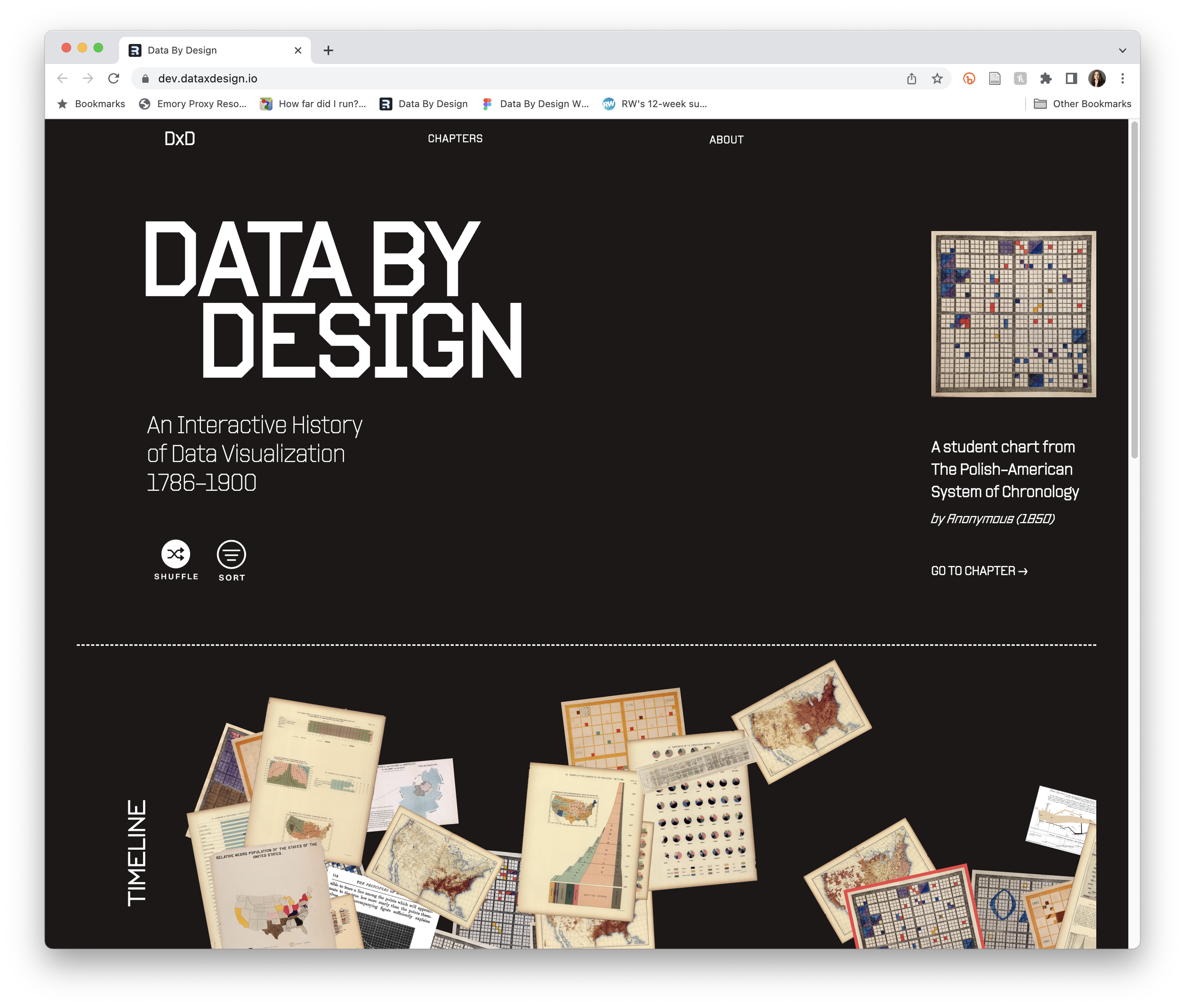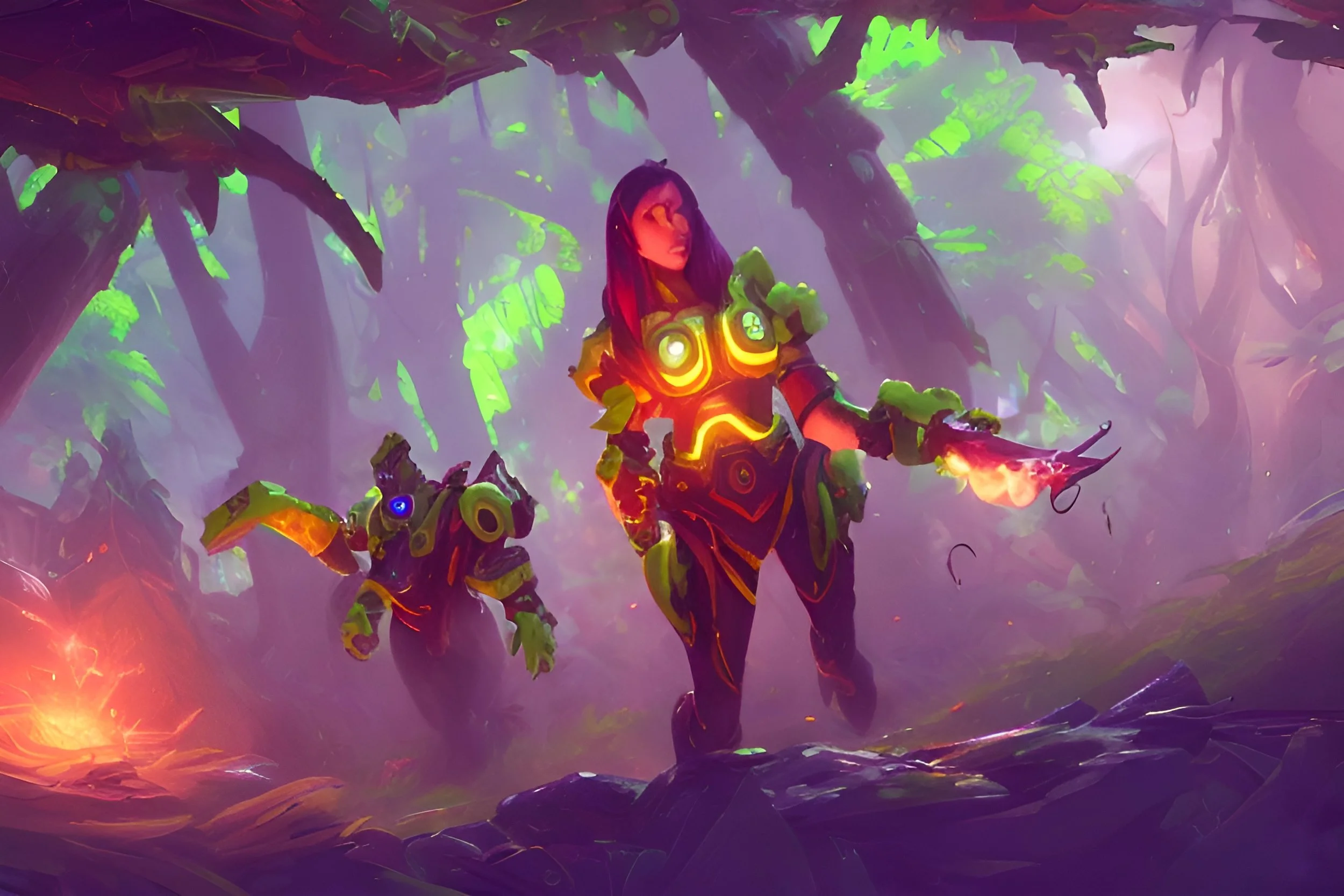Fandom, Participatory Culture and Web 2.0 — A Syllabus
/As regular readers of this blog know, the syllabus for my PHD seminar on fandom studies has evolved a lot through the years. The changes I have made this round mostly center on integrating a transcultural fandom perspective across the whole, with a particular emphasis on East Asian fandoms. I have lots to learn here, but there's a broad range of expertise amongst the students enrolled in the class and so I look forward to creating a context in the classroom where we can all learn from each other -- one of many reasons I am leaning heavily on the dialogic writing process for the assignments.
Read More













































